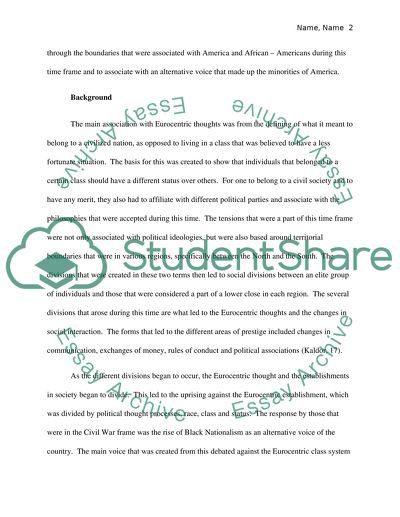Cite this document
(“Deconstructing Racial Identity through African American Literature Research Paper”, n.d.)
Deconstructing Racial Identity through African American Literature Research Paper. Retrieved from https://studentshare.org/literature/1567061-deconstructing-racial-identity-through-african-american-literature
Deconstructing Racial Identity through African American Literature Research Paper. Retrieved from https://studentshare.org/literature/1567061-deconstructing-racial-identity-through-african-american-literature
(Deconstructing Racial Identity through African American Literature Research Paper)
Deconstructing Racial Identity through African American Literature Research Paper. https://studentshare.org/literature/1567061-deconstructing-racial-identity-through-african-american-literature.
Deconstructing Racial Identity through African American Literature Research Paper. https://studentshare.org/literature/1567061-deconstructing-racial-identity-through-african-american-literature.
“Deconstructing Racial Identity through African American Literature Research Paper”, n.d. https://studentshare.org/literature/1567061-deconstructing-racial-identity-through-african-american-literature.


